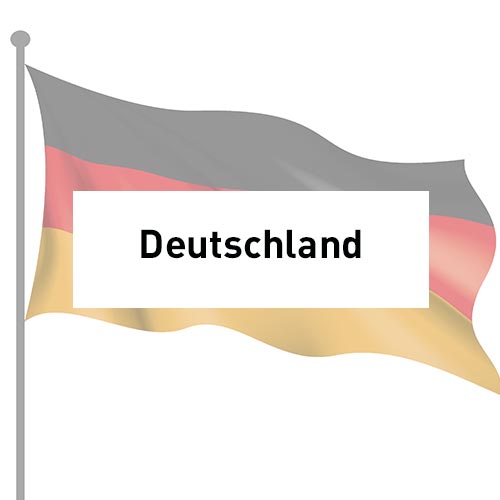Trade policy
The international division of labor and open trade routes ensure greater prosperity in many respects. Global inequality has decreased in recent decades.

Trade policy
Brexit
A few days before the end of the transition period, the European Union (EU) and the United Kingdom (UK) agreed on a on December 24, 2020. Following the approval of all 27 EU member states on December 29, 2020 and the UK Parliament on December 30, 2020, the agreement provisionally entered into force on January 1, 2021. This prevented the transition phase from expiring without a follow-up regulation just in time. However, full ratification of the agreement still requires the approval of the European Parliament.
The EU and the UK remain close partners. Many companies and employees on both sides are dependent on intensive cooperation. The agreement that has now been reached is an expression of the continued close relationship between the EU and the UK. The agreement provides clarity for everyone and lays the foundation for a comprehensive economic partnership in the future.
Nevertheless, the end of the transition phase and the new trade and cooperation agreement are associated with changes that companies and employees must prepare for. Differing national regulations - for example on residence and the recognition of qualifications - will make the provision of services and, in some cases, intra-group postings much more difficult in the future.
Between the UK's withdrawal from the EU on February 1, 2020 and December 31, 2020, the Withdrawal Agreement had previously regulated the transition and contributed to planning certainty for companies and citizens in important areas. EU law continued to apply in and for the UK until the end of the transition period on December 31, 2020. In addition, the Withdrawal Agreement secures the long-term rights of citizens () who exercised their right to freedom of movement before the end of the transition period.











